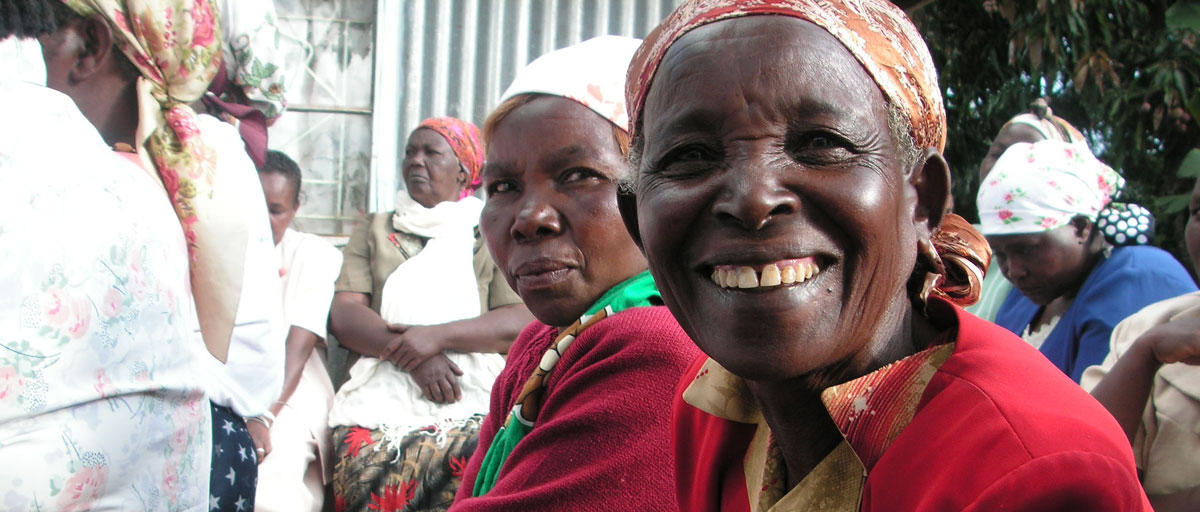Maximising the benefits of participatory climate adaptation research by understanding and managing the associated challenges and risks
Summary
Participatory research approaches are increasingly advocated as an effective means to produce usable climate adaptation science, and increase the likelihood that it will be beneficially incorporated into decision-making processes. However, while the implementation of participatory research approaches, such as those associated with knowledge co-production, have become increasingly commonplace, to date there has been little consideration given to the challenges and subsequent risks associated with their use. To start to address this gap we review the literature on participatory research in climate adaptation science. In doing so we identify and articulate several challenges, and subsequent risks, created by participatory research approaches to adaptation (i) science, (ii) scientists and scientific institutions, (iii) decision-makers and decision-making institutions and (iv) research funders. Based on this we identify seven strategies to help manage these challenges and reduce the associated risks: (a) choose participants carefully; (b) monitor team composition and adjust as necessary; (c) set clear expectations, and agreed conflict resolution mechanisms; (d) use different modes of scientific inquiry that can account for different knowledges and biases; (e) incorporate mechanisms for independent review at all stages of research; (f) reimagine professional development for adaptation researchers, and (g) ensure that appropriate institutional support is in place. These strategies can help to increase the likelihood that participatory research approaches will achieve their goal of generating knowledge that will help society successfully navigate modern day sustainability challenges, such as those posed by climate change.







